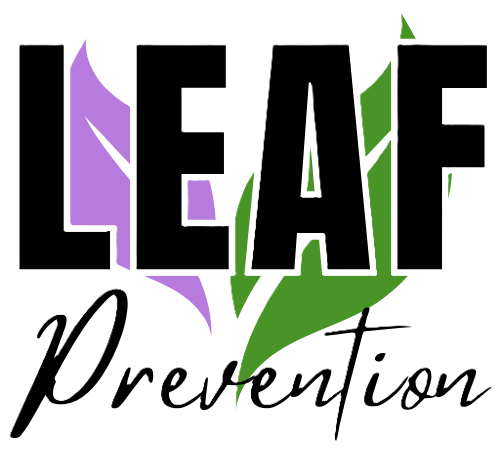

Blog Posts
Parties, events, and family gatherings can be challenging when alcohol brings out the worst in a loved one.
Whether it’s the height of summer or the approach of the holidays, every season has its own celebrations—but what can you do when you dread those celebrations because of a friend or family member who drinks too much?
Plan Ahead.
Think about fun ways to keep the conversation light. While some people find alcohol relaxing, others experience heightened aggression when they drink.
In her article “Prepare Against Holiday Disappointment,” LEAF executive director Julie Dostal suggests implementing a sort of “swear jar”—but instead of putting in a quarter for every swear word, guests will pay up each time they mention a controversial subject, such as politics or religion.
Enlist the help of several other guests to help this seem more like a game (and less like a slap on the wrist).
Another way to avoid combative situations is to use redirection. Parents of young children may be familiar with this strategy: the idea is that whenever you see a potential issue coming up, do your best to redirect the involved parties to a less-harmful activity. At a family gathering, this could involve party games, prizes, or other lighthearted diversions.
Limit the Available Alcohol—or Go Without It Completely!
Alcohol is known to loosen the tongue—which can be a problem if you’re dealing with an argumentative party guest. If you are hosting, consider limiting how much alcohol guests can access. Put away extra drinks and offer only a small selection.
Consider making a low-alcohol punch—or make mocktails and alcohol-free refreshments. As awareness spreads about alcohol’s health risks, many people are now opting to celebrate without the buzz.
An alcohol-free gathering can be a win-win: it will give non-drinking guests options as well as curb the potential for conflicts with family members who are tempted to overindulge.
Be Present and Stay Calm.
When you feel your own heart rate climbing, take a few deep breaths from your belly. This will tell your body it’s okay to stay calm. It will be easier to handle a difficult situation if you can think clearly and rationally, rather than react from a place of anger or fear.
Remember Al-Anon’s Three Cs.
Al-Anon (a companion group to Alcoholics Anonymous) is a group that supports people who are affected by a loved one’s alcohol use. One of the group’s tenets is the Three Cs: cause, control, and cure.
In practice, these Three Cs offer a way to reframe a loved one’s drinking. Many family members of an alcoholic may feel shame or responsibility for the behavior. If you find yourself conflicted about a family member’s alcohol use, remember, “I didn’t cause it, I can’t control it, and I can’t cure it.”
The Three Cs can guide family members toward healthy coping. If you’re concerned about a family member overindulging at a party, remember that it’s not your fault. While you can support your loved one, you can also release yourself from the responsibility for another person’s choices.
Save the Heavy Talk for Another Time.
If you’d like to talk to someone about their drinking, there is a time and a place for it; the middle of a gathering is likely not that time nor place.
It can be helpful to choose a time when your loved one is sober to express your concerns about their choices. It isn’t easy to have a talk like this, but if you show your support and care for your loved one, it may encourage them to open up about their struggles.
Remember that you cannot change another person—it is ultimately their responsibility. You can, however, express your concerns, point them toward helpful resources, and be a part of their community.
If you know someone who is struggling with alcohol use, please direct them to LEAF. Our staff is always ready to help someone in need. Call our office at (607) 432-0090.
Sources:
Al-Anon. “Al-Anon’s Three Cs – I Didn’t Cause It, I Can’t Control It, and I Can’t Cure It – Removed the Blame….” Al-Anon Family Groups (blog), December 23, 2021. https://al-anon.org/blog/al-anons-three-cs/.
Brenner, Abigail. “7 Strategies to Deal With Difficult Family Members” Psychology Today, February 22, 2018. https://www.psychologytoday.com/us/blog/in-flux/201802/7-strategies-deal-difficult-family-members.
Dostal, Julie. “News from the Noteworthy: Prepare Against Holiday Disappointment.” All Otsego, December 2, 2021. https://www.allotsego.com/news-from-the-noteworthy-prepare-against-holiday-disappointment/.
National Institute on Aging (NIA). “How To Help Someone You Know Who Drinks Too Much,” July 19, 2022. https://www.nia.nih.gov/health/alcohol-misuse-or-alcohol-use-disorder/how-help-someone-you-know-who-drinks-too-much.
Robinson, Lawrence, and Melinda Smith. “Helping Someone with a Drinking Problem.” HelpGuide.org, July 31, 2024. https://www.helpguide.org/articles/addictions/helping-someone-with-a-drinking-problem.htm.